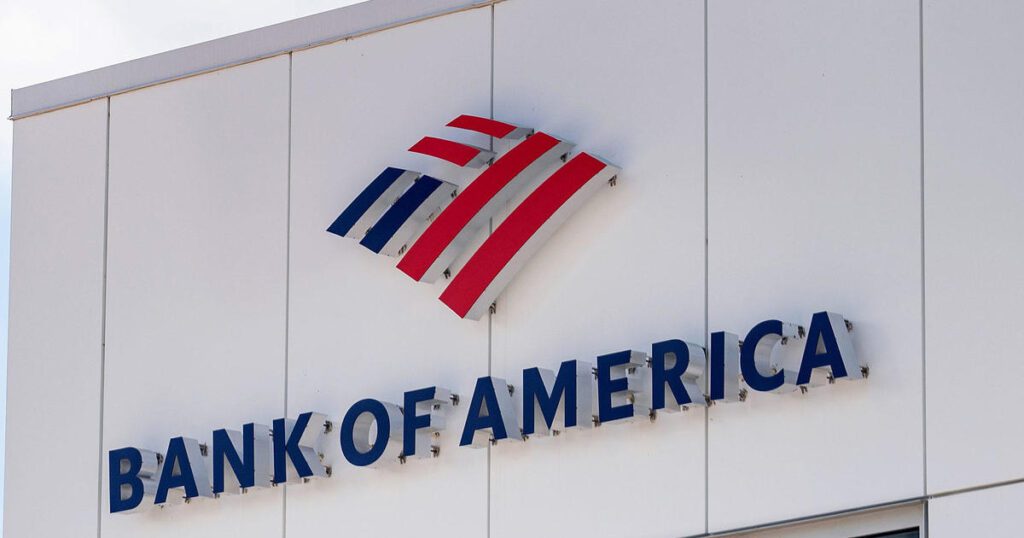The struggle of an average American consumer took a new turn this week, as customers from several major banks like Bank of America and Wells Fargo wrestled with the repercussions of a software glitch that has delayed direct deposits for days starting from last Friday.
These unexpected delays have kindled palpable consternation among the public. The absence of their routine paycheck deposits into their bank accounts as anticipated has triggered a volley of complaints from disgruntled customers via social media. Direct deposits, typically a mundane and reliable feature of banking, were not reflected in their respective accounts as expected, and the complaints continued through Tuesday.
The movers and shakers of the situation, Wells Fargo and Bank of America, deflected inquiries to The Clearing House, a payments company that handles the sole private-sector Automated Clearing House (ACH) system in the United States.
The Clearing House admitted in an email to CBS MoneyWatch that several ACH payment directives were transmitted to banks on November 2, with obscured customer information due to a “processing error,” causing the delay. In this modern age where technology should be simplifying lives, it ironically adds an invisible barrier in transactions that would typically be instantaneous.
Efforts are underway to resolve this disruption as swiftly as possible with the Federal Reserve and the affected financial institutions playing front line roles in this salvage operation. “Many of the delayed payments have already been posted, and we will continue working with financial institutions to ensure the remaining transactions are processed,” asserts The Clearing House decisively.
JPMorgan Chase, another key player in this financial drama, has promptly announced that they will post scheduled direct deposits to customer accounts “as soon as we can” and will be refunding overdraft fees that customers might incur due to the Ach problem.
In an era where technology is a staple in all operations from local businesses to big financial firms, this surprising glitch has underscored the vulnerability and the omnipresent importance of a nation’s payments infrastructure. Consumers, institutions, and even the Consumer Financial Protection Bureau (CFPB) have voiced a collective concern over the situation, with the Bureau reinforcing that individuals wronged by this processing error should not be penalized, whether by overdraft fees, late fees, or other penalties.
Meanwhile, the response from major banking corporations has drawn criticism from customers. Many frustrated clients have taken to social media platforms including X, formerly known as Twitter, to express their discontent about possible non-compliance with regulations, the lack of transparency and communication from the banks, and the potential need to find new, more reliable financial institutions.
In conclusion, it stands undeniable that errors in the modern, globally connected digital banking network aren’t just inconveniences – they present severe, real-world problems that affect millions. The implications of such disruptions are wide-reaching, revealing frailties in an otherwise robust financial system and leading to calls for stronger safeguards. As of now, the stalemate continues, a stark reminder that even in this age of technological dominance, a minor glitch can result in a significant crisis, disrupting life’s regular rhythm, proving the importance of reliability and contingency planning within the banking industry.



